Posts
A unified approach to IT can prove challenging, be it due to budgets, scheduling, customer expectations, or aligning departmental goals with the company’s corporate goals. Many businesses deal with issues as they arise. Factors such as ageing equipment, a natural disaster or a security breach inevitably demand time and attention to solve and can cause costs to spiral.
The article ‘Moving from a reactive to a proactive approach to IT’, by Nigel Crockford, Business Development Manager at eSpida explains why running-to-failure is not helping your business grow
Moving from a reactive to a proactive approach to IT’ is available to read at www.computing.co.uk
In today’s technological world, media reports of website hacks are becoming more and more prevalent. Furthermore, with human error reportedly accounting for almost two-thirds (62%) of data breach incidents, personal details are frequently being compromised.
Nowadays passwords alone, even those considered complex, are no longer satisfactory to keep the hackers at bay. A scary thought for businesses holding hundreds, thousands or, in the case of some large corporations, millions of customer records. However, there are options available to increase IT security and protect data.
Two factor authentication
To confirm a user’s stated identity, Two Factor Authentication (2FA) uses a combination of two different elements from three categories; knowledge, possession and inherence.
Knowledge
– Passwords
– PIN’s
– Secret questions/memorable information
Possession
– Card readers
– Wireless tags
– USB tokens
Inherence
– Fingerprint readers
– Retina scanners
– Voice recognition
Two factor authentication may be carried out with a hardware token or a soft token such as an authentication app on a smart phone.
Hardware tokens such as the Yubikey from Yubico are becoming more common in the workplace. They add an extra layer of security to networks and user accounts to ensure it is only the authorised user that can access the data with their personal credentials.
Yubikey and Authlite
The Yubikey is a touch sensitive authentication device (hardware token) used for second authentication and is best used with a pin or password. The Yubikey will generate a one-time passcode and provide that second authentication and when used in conjunction with Authlite, a simple yet strong two-factor authentication module (soft token), will provide two factor authentication to the network.
Setting up the system is straightforward and quick to configure from start to finish.
For organisations of all sizes there are many benefits of using the Yubikey for two-factor authentication:
– Prevents unauthorised access by requiring the physical presence of the token to log onto a device
– Easy to use
– Affordable – Total cost of ownership is significantly reduced
– Durable – no moving parts, crushproof and waterproof
– Can be used as part of a business’s ongoing GDPR policies and procedures
Summary
The old adage ‘prevention is better than cure’ has never been more relevant in the world of cyber security, as any organisation that has fallen victim to a data breech will testify.
Making it near impossible for hackers to access your accounts, two factor authentication is one of the cheapest, most simple things to put in place to secure any account. The question isn’t why should you use two factor authentication, it is why wouldn’t you use two factor authentication?
For more information about two factor authentication and how we can help you, get in touch on 0344 880 6145 or email info@espida.co.uk
Is your HR team the key to GDPR compliance?
GDPR is fast approaching and HR professionals are looking to be considerably affected, particularly surrounding recruitment data.
In an article published today, featured on the GDPR:Report website, Nigel Crockford, Business Development Manager at eSpida explains how HR departments can lead by example in GDPR compliance and ensure the organisation is ready for the change in legislation?
The article is available to read here
TheWorks.co.uk has made infrastructure cost savings with eSpida
Project-based IT support and ongoing infrastructure management for Palletways
London-based Hillgate Travel, has opted to work with Technical Consultancy, eSpida, to design, architect and deliver a highly available, scalable and secure technical platform, to support the organisation’s double digit growth.
Hillgate Travel is the largest privately owned travel management company offering a global, full service portfolio from passport and visa management, through to group and individual VIP management. With over 175 employees and processing over 400,000 transactions a year, the company has seen rapid growth in demand for its services.
With a traditional data centre model in place, Hillgate Travel was supporting an ever-growing, onerous hardware footprint which was increasingly at odds with its three guiding principles: security, availability and scalability. Antoine Boatwright, Chief Technical Officer for Hillgate Travel comments, “We knew that our model had to change to deliver against the demands of the business as it was becoming harder to manage the current environment. I wanted to create a consolidated solution that would cope with the reality of today and the anticipated growth of the next five years.”
After ruling out public cloud options, the company was approached by Birmingham-based IT consultancy, eSpida, which, after two days of on-site discovery, formulated a proposal for change. The eSpida team quickly grasped the scope of the project within the context of Hillgate’s overall business strategy; it delivered a vision of a new architecture and challenged some of the more traditional, Microsoft-centric policies employed in the company.
eSpida proposed taking Hillgate from a physical to a virtual environment to minimise footprint. Introducing Linux into the hardware portfolio has not only improved performance and availability but drastically reduced the cost basis for the entire solution. “eSpida understood the commercial parameters of our project and made its recommendations based on what we needed and not what it wanted to sell us. That was refreshing. The lead consultant, Paul Hanson, also worked within context; he understood the relevance of our design beyond the scope of the project, to ensure that we were future-proofing our investment.”
Hillgate is half way through the implementation of this project with eSpida, but is already seeing the benefits of the change in cost and end user experience. However, most notable is the change in attitude within the Hillgate technical team which is thinking more creatively about other technical projects. “eSpida is a trusted, strategic business partner to Hillgate; the team is innovative and strategic but incredibly easy to work with. Our engagement has been honest, thorough and has really opened our eyes to new ideas.”
Defacto has relied on eSpida for 12 years to provide technical insight and innovation.








